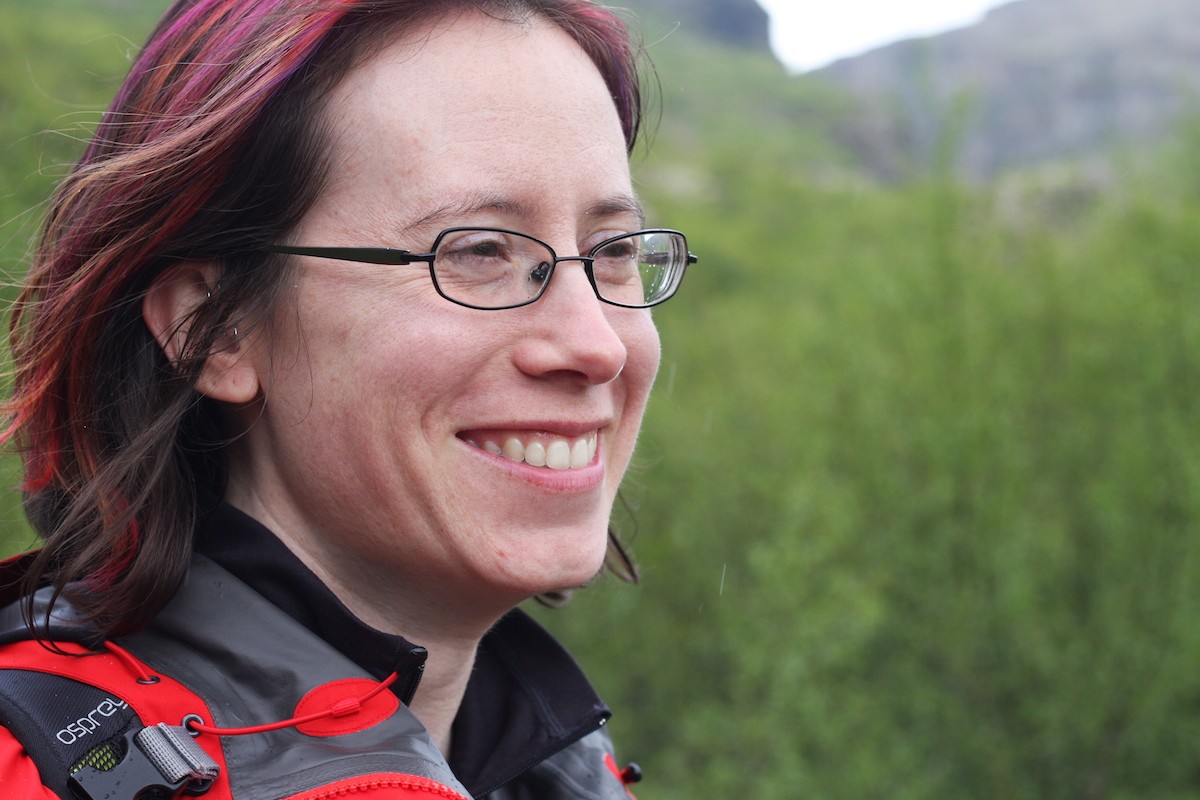Our “I’m An Advocate” blog series introduces you to people who speak up for issues they care about in a variety of ways. We hope their stories inspire you to advocate and spark change — especially during this challenging legislative session!
Amanda M. Vail defines herself as an activist. She is also a writer, editor, and project manager who works with nonprofits and small businesses. Find her online at threewrens.com or on Twitter @amandamvail.
Thanks to Amanda for sharing her thoughtful reflections on activism with us! –Denise
Written by Amanda M. Vail
Do you identify yourself as an activist? Depending on whom you’re talking to, calling yourself an activist may earn you either a spark of engagement or an awkward change of conversation. What does “activism” mean? The dictionary definition, according to Merriam-Webster, is “a doctrine or practice that emphasizes direct vigorous action especially in support of or opposition to one side of a controversial issue.”
It’s the “direct vigorous action” and “controversial issue” portion of the definition that can generate social awkwardness—particularly if you’re from a non-confrontational family, like I am. However, I just want to put it out there that you can be an activist in any way that you want to be. It’s only in recent years that I’ve become comfortable labeling myself an activist, and that’s because I’ve changed my personal definition of the word.
So, what does “activism” mean to me? In very simple terms, it means forming opinions and being willing to have open, honest, and respectful discussions about them. Of course, to form solid opinions that I can remain committed to, activism also requires awareness of current political issues, and a bit of research about the history, context, and potential ramifications of legislative actions. I’ve also found that I need to sift through all of the issues to determine which ones are the most meaningful for me. I work full-time, volunteer, and try to fit in creative projects on the side; I don’t have a ton of time to devote to activism, so I’ve narrowed my scope. I can’t learn about and weigh in on everything, but I can delve into the issues that touch me the most deeply.
The next step is talking about the issues: I voice my opinion to my legislators, my community and, yes, even my family. When I encounter those whose opinions are different from my own, I engage my curiosity; I ask questions and try to understand where the other’s opinion is coming from. I respectfully share my point of view, and I explain why it’s important to me. There’s a catch, of course. Sure, the sentences explaining the steps are pretty simple, but the actions they denote—well, most of you know that’s not always easy. It is meaningful, though.
So much of today’s political dialogue is escalated that I believe it actually alienates people from participating in the democratic process. If you think about it, how do opinions change? Usually due to a personal connection. It’s the small, meaningful conversations we have person to person that create societal change. I believe that the more people who advocate for their beliefs and the issues that affect them, even if those beliefs are different than mine, the stronger our society becomes. Laws become more layered and nuanced, and they stand a better chance of actually serving society.
Now, when asked if I’m an activist, I say “yes.” What do you say?
Read stories from other featured advocates — and activists!
- Kim Herman, executive director of the Washington State Housing Finance Commission
- Janice Tufte, founder of the Islamic Civic Engagement Project
- Susan Russell, Real Change vendor and graduate of the Washington Low Income Housing Alliance’s Emerging Advocates Program
- Betty Jimerson, donor and information services assistant for YWCA Seattle | King | Snohomish
